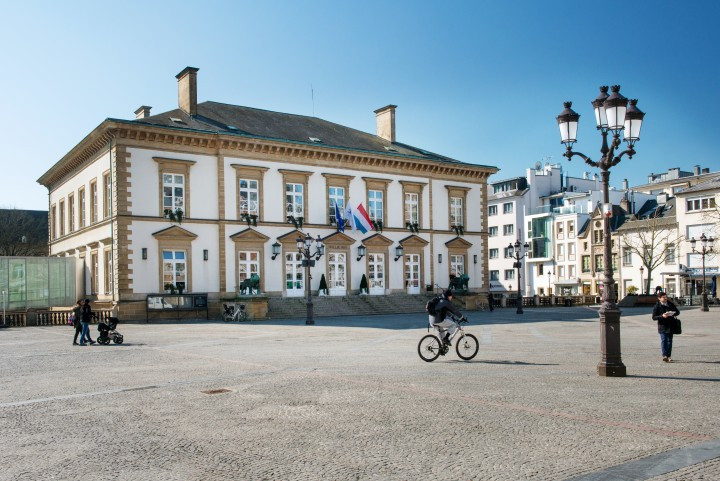12 years of city council coalition between the DP and Déi Gréng in the capital city is set to come to an end later this month, with the majority partner looking to join forces with the CSV for the next six years following Sunday’s election results. At a meeting of its capital city faction on Monday evening, the DP formally decided to enter talks with the CSV.
“We want to recognise the result and have decided to start coalition negotiations with the CSV,” Polfer told RTL following the meeting. She said the DP committee had acknowledged the good result of its current coalition partner, which gained a 0.8% share of the vote and retained its five seats. Its leading candidates--Sam Tanson and François Benoy--also performed well (their individual results saw them gain 93% and 70% respectively, and they scored the 4th and 9th highest personal tally of votes). But she said that the CSV had strengthened its position--winning 2 seats to take its total on the council to 7--and that “is a signal from the electorate.” The DP lost one seat and saw its share of the vote fall by 3.6% on Sunday.
Polfer, who has been mayor for a second time since 2013, was also mayor from 1982 to 1999 during which time the DP was in coalition with the CSV. It was at the 2005 elections that Déi Gréng’s strong showing led to then mayor Paul Helminger snubbing the CSV. The coalition was reinforced in 2011.
Greens disappointed
Tanson said Déi Gréng were the second winner of the election, and that she was surprised that the DP had decided to enter talks with the CSV so quickly. “In our view, we [DP and Déi Gréng] had worked together well and fairly…but that’s politics.”
Serge Wilmes, the young lead candidate of the CSV, said that his party expected to be asked to form a coalition following its positive showing at the polls. Asked by RTL’s Caroline Mart if the fact that the seat allocation between the DP and CSV was 9 to 7, as opposed to 10 to 5 under the old DP-Déi Gréng partnership, gave the CSV more negotiation clout, Wilmes said that “of course we will make sure that the points that are important for us are discussed, and we will try to find agreement on those points.”
